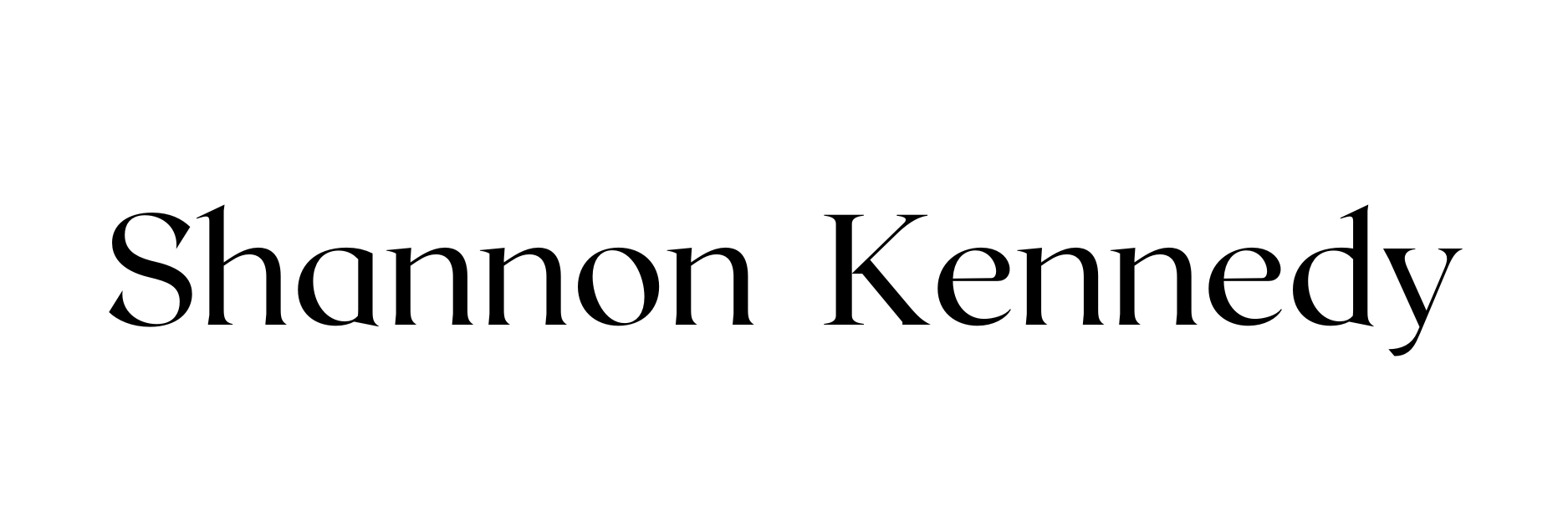We all love a bargain. Especially around christmas time, you can still spread Christmas cheer without hurting your wallet.
For many of us shopping in high street chains that specialise in ‘fast fashion’ is just part of everyday life and we love being able to buy cheap clothes, shoes and accessories. We nip into shops and can buy a whole outfit for £30 nowadays- about 5 hours work on minimum wage in the UK.
We go home, we wear these clothes and if they rip or get too badly messed up, we just throw them in the bin. Then we go back out and buy another item. I am so guilty of buying like this, I have thrown out countless pairs of trousers and old shirts because they are no longer useful.
But for someone else, on the other side of the world, these garments give them purpose outside of the sex trade. Although it may seem like a way out, in many ways it is not.
They start work as children, and as adults, they must leave their children with their families just so they can work 23 hour days in a smelly, unsafe factory. Their husbands die from pesticide poisonings and chemicals burn their skin and cause their whole communities to fall ill and die. All of this cost for the return of $68 a month.
Many of the bloggers I follow can afford to shop
for more expensive brands, but as a student I rely on these fast fashion brands
to let me be ‘fashionable’.
 |
| Some popular fast fashion brands in the West |
‘Fast Fashion’ is a term used by fashion retailers to express that designs move from the catwalk to stores quickly to capture current fashion trends. Fast fashion clothing collections are based on the most recent fashion trends presented at Fashion Week in both the spring and autumn of every year.
I rely on cheap trousers, shoes and hoodies to
wear in my daily life, nearly all bought from fast fashion brands. The shops
are on a constant carousel, new stock coming in all the time and constant
demand for more of their brand around the world. For instance, Primark has
recently expanded by opening shops in America.
| A £6 pair of trainers that are still going strong! But at what cost? |
After a class discussion on the topic of the
fashion industry, I was inspired to do a bit more research on the topic. I
wanted to make sure I was setting off into the right direction to fix my fashion footprint.
I soon found out the truth behind my cheap
purchases from sources such as the ‘The True Cost’ documentary and articles by Lucy Siegle.
It is a hideous truth that is destroying our
planet.
So what did I learn?
 |
| A Daily Mail article from 01.12.15 |
- The fashion industry has transformed over the
past 10 years. Large retailers became ‘fast fashion’ outlets and churned out
clothing faster so the profit came in faster too. (Some large stores earn about
£1 million a WEEK!). Soon other retailers wanted some of this profit
for themselves and we all accepted this faster turnaround of clothing. We in
turn, become poorer as we are tricked into believing we need to buy clothes
more often and in larger quantities.
- 97% of our clothes are now made overseas.
- Farmers who cannot afford to keep up payments on their land due to low crop yields go out into their fields and commit suicide using their own pesticides.
- People who work in leather tanneries are more 50% more likely to develop cancer due to the chemicals used to treat the leather. The children in these villages are being born deformed, handicapped and with severely ill.
A step in the right direction…
We must progress and solve the issues such as sexual harassment; discrimination, the wage gap and the quality of life need to be addressed.
What can we do differently?
We need
to stop buying so many throw away items, or if we do have to buy them, make
sure that we use them as much as we possibly can.
The True Cost has inspired me to make sure I buy
organic cotton products. I will also be making sure to buy products that are
produced locally, and if they can’t be then I’ll make sure that they are
fair-trade.
Keep supporting good causes and brands that operate under the Ethical Trading Initiative.
I will definitely be learning how to buy better!
S x
bloglovin
youtube
twitter
instagram
pinterest









